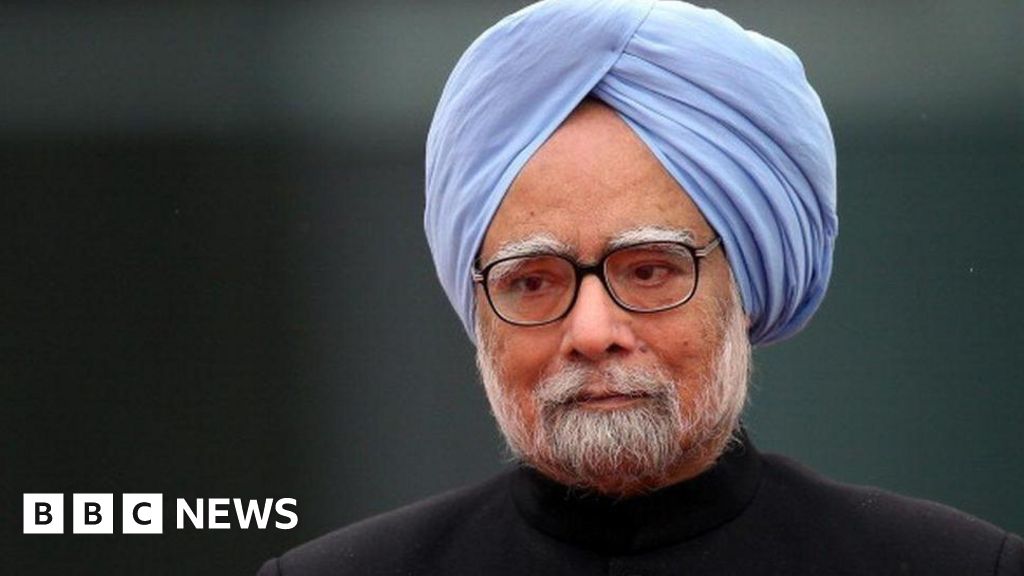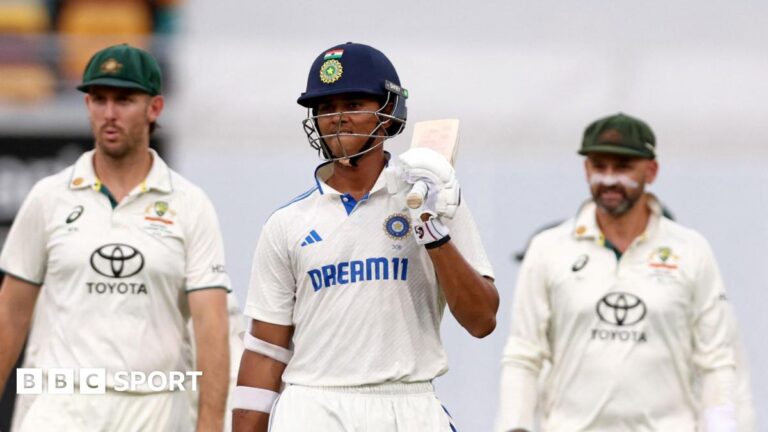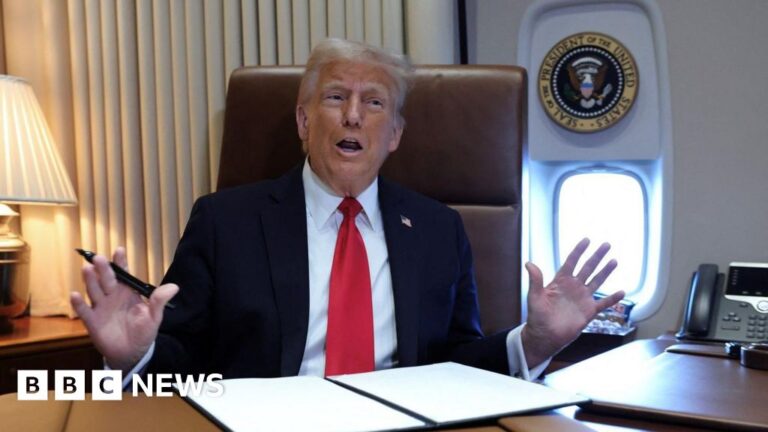Here is the plain text result:
Former Indian prime minister Manmohan Singh has died at the age of 92. Singh was one of India’s longest-serving prime ministers and he was considered the architect of key liberalising economic reforms, as premier from 2004-2014 and before that as finance minister. He had been admitted to a hospital in the capital Delhi after his health condition deteriorated, reports say.
Among those who paid tribute to Singh on Thursday were Prime Minister Narendra Modi, who wrote on social media that “India mourns the loss of one of its most distinguished leaders”. Modi said that Singh’s “wisdom and humility were always visible” during their interactions and that he had “made extensive efforts to improve people’s lives” during his time as prime minister.
Priyanka Gandhi, the daughter of former prime minister Rajiv Gandhi and a Congress party member, said that Singh was “genuinely egalitarian, wise, strong-willed and courageous until the end”. Her brother Rahul, who leads Congress, said he had “lost a mentor and guide”.
Singh was the first Indian leader since Jawaharlal Nehru to be re-elected after serving a full first term, and the first Sikh to hold the country’s top post. He made a public apology in parliament for the 1984 riots in which some 3,000 Sikhs were killed.
Singh rose to political prominence as India’s finance minister in 1991, taking over as the country was plunging into bankruptcy. His unexpected appointment capped a long and illustrious career as an academic and civil servant – he served as an economic adviser to the government, and became the governor of India’s central bank.
When Singh guided Congress to a second, decisive election victory in 2009, he vowed that the party would “rise to the occasion”. But the gloss soon began to wear off and his second term was in the news mostly for all the wrong reasons: several scandals involving his cabinet ministers which allegedly cost the country billions of dollars, a parliament stalled by the opposition, and a huge policy paralysis that resulted in a serious economic downturn.
Singh adopted the pragmatic foreign policies pursued by his two predecessors. He continued the peace process with Pakistan – though this process was hampered by attacks blamed on Pakistani militants, culminating in the Mumbai gun and bomb attack of November 2008. He tried to end the border dispute with China, brokering a deal to reopen the Nathu La pass into Tibet which had been closed for more than 40 years.
Singh increased financial support for Afghanistan and became the first Indian leader to visit the country for nearly 30 years. He also angered many opposition politicians by appearing to end relations with India’s old ally, Iran.
A studious former academic and bureaucrat, he was known for being self-effacing and always kept a low profile. His social media account was noted mostly for dull entries and had a limited number of followers. A man of few words, his calm demeanour nevertheless won him many admirers.
In 2015 he was summoned to appear in court to answer allegations of criminal conspiracy, breach of trust and corruption related offences. An upset Singh told reporters that he was “open for legal scrutiny” and that the “truth will prevail”. After his time as premier, Singh remained deeply engaged with the issues of the day as a senior leader of the main opposition Congress party despite his advancing age.
In August 2020, he told the BBC in a rare interview that India needed to take three steps “immediately” to stem the economic damage of the coronavirus pandemic, which had sent the country’s economy into a recession. The government needed to provide direct cash assistance to people, make capital available for businesses, and fix the financial sector, he said.
History will remember Singh for bringing India out of economic and nuclear isolation, although some historians may suggest he should have retired earlier. “I honestly believe that history will be kinder to me than the contemporary media, or for that matter, the opposition parties in parliament,” he told an interviewer in 2014. Singh is survived by his wife and three daughters.
Source link




